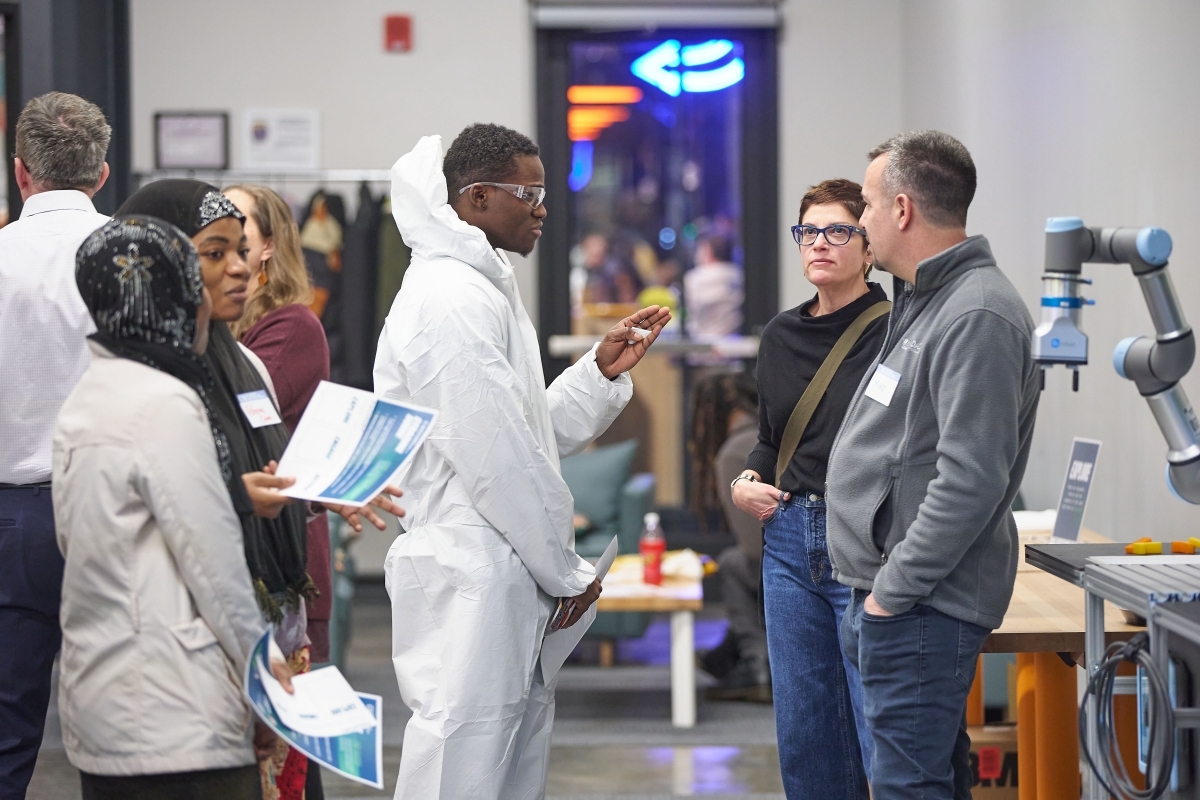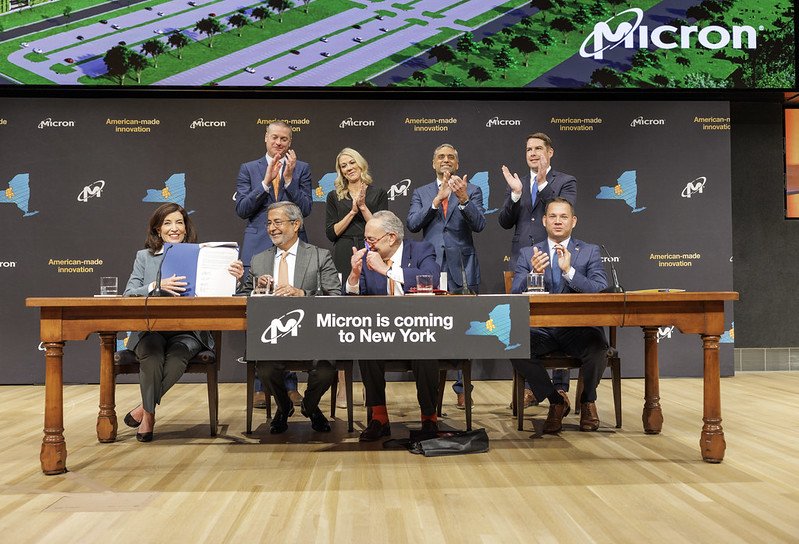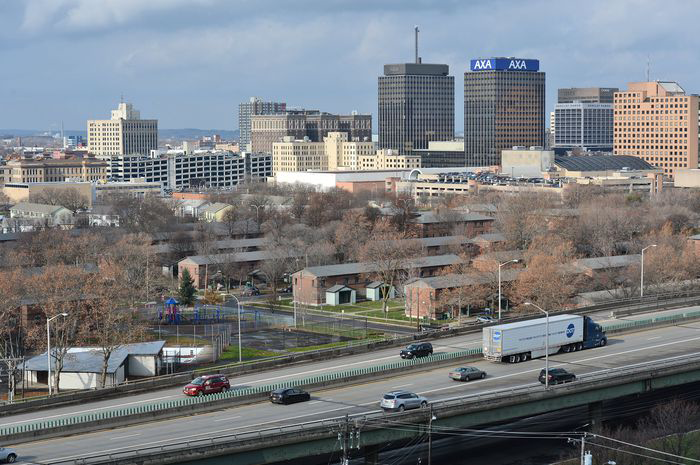Syracuse Alumni Turn College Town into HometownPosted on July 27, 2023Rob Enslin, Syracuse University
|
Image

|
It used to be that after graduation, you’d move to a big city to begin your post-college life and career. But for many Syracuse University graduates, staying in Central New York is the new normal. The reasons are many—less job competition, a better work-life balance and a lower cost of living, among others. Graduates also enjoy easy access to resources through the University’s Alumni Association. “My net worth is only as good as my network,” says acclaimed sommelier Chacine “Cha” McCoy ’07, who owns a wine boutique in downtown Syracuse. Her story is one of many that’s reshaping the area’s economic narrative—from Brain Drain to Brain Gain.
CenterState CEO’s Rob Simpson G’01 Charts Economic Growth for CNY
The foyer of Maxwell Hall bears an inscription that’s etched into the heart of Rob Simpson G’01. “Broadly speaking, it says we should leave our city better than we’ve found it,” says CenterState CEO’s president, referring to the 2,000-year-old Athenian Oath. “The oath is a timeless reminder of civic responsibility.” A graduate of the master of public administration program, Simpson is charged with creating an economic roadmap for Central New York. He’s especially proud of CenterState CEO’s role in helping secure a $100 billion investment from Micron Technology. “It’s the largest economic development project in New York state history, resulting in about 9,000 new jobs,” Simpson says. “The project represents unparalleled civic teamwork from the private sector and every level of government. It also reinforces a critical lesson for civic leadership—that when you work together, you win.”
Other
Media Coverage








Media Coverage | 03/04/2024NY SMART I-Corridor Applies for More Than $50 Million in Federal FundsThe NY SMART I-Corridor is applying for millions in federal funding through the Tech Hubs program to support five component projects: workforce, supply chain, innovation, commercialization and governance. |


